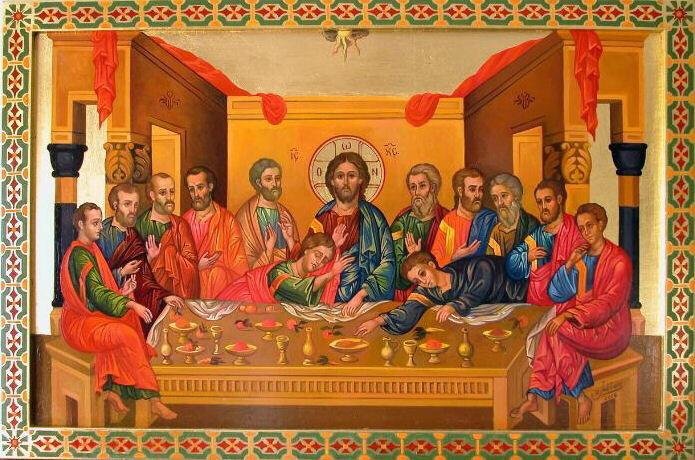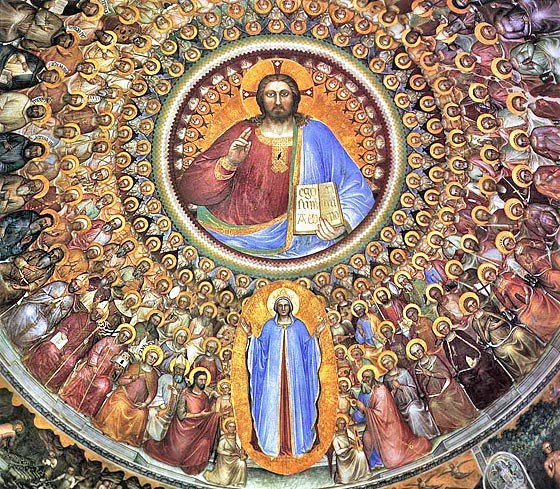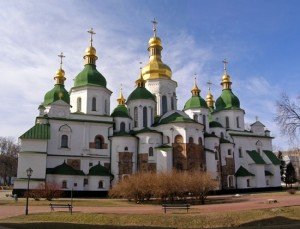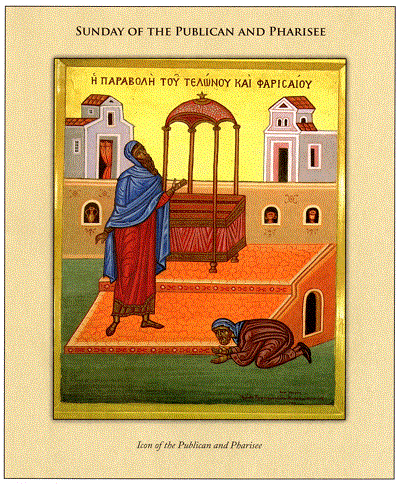When I foolishly separated myself from your Fatherly glory, I squandered in wickedness the riches You had given me. So now I cry out to You with the voice of the Prodigal son, saying:
“I have sinned before You, O merciful Father; receive me, repentant, and make me as one of Your hired servants.”
 We hear, today, perhaps the most beloved of all of our Lord’s Parables, that of the Prodigal Son. I know of few people who don’t react to this parable, when hearing it, with some emotion. It is quite moving to hear the love of this father for his sons. I am sure that all of us, when hearing this, think of our own fathers and the relationship we had with him.
We hear, today, perhaps the most beloved of all of our Lord’s Parables, that of the Prodigal Son. I know of few people who don’t react to this parable, when hearing it, with some emotion. It is quite moving to hear the love of this father for his sons. I am sure that all of us, when hearing this, think of our own fathers and the relationship we had with him.
Found only in the Gospel of Luke, it is really a parable about two brothers. This parable not only vindicates Jesus’ kingly regard toward sinners but the refrain, dead but come to life, makes us think of Jesus’ passion and resurrection. Some scholars have suggested that Jesus, by his union with human nature, becomes the wayward son. Put in this light, the parable takes on a different meaning.
The Church uses this parable, however, to share with us another characteristic of metanoia – that process of changing our hearts and minds. That characteristic is a feeling of separation from God — a feeling that we are not close enough to God. This feeling is essential since it is needed to give us the desire to truly change our thinking and behaving and make them more like Christ.
It is only when we recognize and feel that we are not close enough to God that we will begin to take action to change this situation. We may have a desire to be closer to God but, if we do not truly recognize that we are not as close as we can be, we will never invest the energy to change. Having a desire to be closer to God is not sufficient. It must be coupled with an awareness that we are not as close to Him as we want to be.
So far we have seen three characteristics of metanoia: desire, humility and feeling or being unaware of our separation from God. This third characteristic is important. We must come to some conclusion on how and in which ways we are separated from God and, if we truly desire to know God more completely and deeply, what is keeping us from achieving that desire.
As we prepare for this Great Fast, I would call on you, my readers, to join with me in looking deeply into our lives and assess the presence of these three characteristics. Once known, we can plan how we will spend Lent!




